As promised in my post on how to compute for the After Repair Value or ARV of foreclosed properties, I will now discuss about Maximum Allowable Offer or MAO. Determining your MAO is probably one of the most important things you need to do, before you even consider buying a foreclosed property. This is because you need to make sure that a deal will really make money for you, and the MAO will help you know this. But what exactly is MAO?
 What is MAO?
What is MAO?
In real estate investing, MAO is basically the highest or maximum offer or price that you would be willing to pay for a property, where you are likely to achieve your target profit. The MAO helps lessen the risk of losing money by establishing a ceiling price that you are willing to pay, without paying too much.
MAO is a term coined by veteran real estate investor Ron LeGrand, and the term MAO has become an industry standard.
Why do we need MAO?
Simply put, if you found a foreclosed property priced higher than the MAO, and you decided to buy it, you will definitely not meet your target profit, and you may even end up losing money. Therefore, what the MAO really tells you is the answer to the question: “Should I buy this foreclosed property or not?!”.
On the other hand, if you found a property priced below the MAO, then that property just might be worth buying. Furthermore, a property priced way below the MAO can be truly a great deal because:
- There is more allowance for you to make a profit, even if unexpected costs like cost overruns for repairs, increased holding costs due to prolonged time to sell, etc. were to surprise you later on.
- If you are not too greedy, you can actually sell the property also at below market value/ARV. This will definitely help you sell the property faster.
How to compute for MAO?
I’ll be using Ron LeGrand’s formula the Maximum Allowable Offer or MAO which can be seen below:
MAO = ARVx70% – Repairs
Where:
ARV refers the After Repair Value. (Related article: How to calculate ARV)
70% is a rule of thumb used by Ron LeGrand. According to Ron, he used 70% in his formula because he targets 20% profit and estimates 10% for the costs, excluding repairs. These costs would include the related costs for acquisition, carrying costs, marketing costs, etc.
If this is confusing for you, here’s an alternative. Instead of multiplying ARV with 70%, you can just subtract the projected costs for acquisition, carrying costs, marketing costs, and the target profit from the ARV. In effect the formula would look something like this:
MAO = ARV – Repairs – acquisition costs – carrying costs – marketing costs – target profit
Repairs refers to the the estimated repair cost. In the formula above, Repairs is separate because, according to Ron LeGrand, making an estimate for repairs based on a percentage of the selling price would be unreliable because it is determined on a case-to-case basis, and I agree. You better make sure to get at least 3 estimates from reputable contractors and use the one that is most favorable to you in terms of cost, time for completion, etc.
Sample MAO calculation
Sample property: After short-listing close to a hundred foreclosed properties, you found a very promising foreclosed house and lot which was selling for only Php900,000 within your village. After following the instructions on how to compute for ARV, you get an ARV amounting to Php1.6M. Your best contractor submits a proposal with an estimated cost for repair of Php100,000. Is this a good deal?
To find out, lets compute for the MAO:
MAO = ARVx70% – Repairs
= Php1.6M(70%) – Php100,000
= Php1,020,000
Since the selling price of Php900,000 is below the MAO which is Php1,020,000 and with plenty of room to spare, then this is probably a good deal.
“Never Pay MAO!”
In a video training, Ron LeGrand mentioned that we should “Never Pay MAO!”. This means we should buy at a price lower than MAO, and how low would depend on whether the area where the property is located is sell-able or not. The better the market/area, the closer you can go to MAO, and if the market/area is bad, you should buy at a price way below MAO, according to Ron.
In this case, do you buy the property since the numbers look good?
Well, my advice would be to test the market first. Will someone really buy the property for Php1.6M? If you arrived at your ARV using comparable properties that were sold during the last 6 months, then it is more likely that people are going to buy at that price.
Another thing to consider would be the accuracy of repair estimates. Is the Php100,000 repair estimate really accurate? Did you get at least 3 contractors? Will the time frame for the renovation(if any) increase holding costs?
Is the estimated cost of 10% accurate?
Using the explanation above, the estimated cost for acquiring, carrying, and selling the property is Php160,000 ( I got this by multiplying the ARV by 10%). Depending on the payment terms with the bank where you found the foreclosed property, the Php160,000 might not be enough to cover closing costs(taxes and fees, etc), holding costs(your monthly amortizations, if any, for the number of months needed to renovate and sell the property), and marketing costs ( may include professional fees if you decide to hire a licensed broker or referral fees for successful referrals, cost for advertisements, etc.).
“What if the property is being sold through public auction, how do I make an offer?”.
If it were for sale through a public auction, first you need to check if you can make a pre-auction or knock-out bid. If not, you will have to attend the auction and bid on the property, while keeping in mind that the maximum bid you can make is only up to the MAO (or a little less to leave room for allowance for cost overruns, etc). If someone else is bidding for the same property, and the current bid has exceeded your MAO, don’t forget to put down your paddle!
Am I making any sense?
I really hope that what I am sharing above is really helpful, but before it can be helpful, it should make sense right? I am sharing how I get my MAO based on how I actually do it in the real world, but this would be worthless if no one understands what the heck I’m saying. Whether you understand this or not, I would appreciate any feedback. Thank you!
To our success and financial freedom!
Jay Castillo
Real Estate Investor
PRC Real Estate Broker License #: 003194
Blog: https://www.foreclosurephilippines.com
Follow me in Twitter:http://twitter.com/jay_castillo
Find us in Facebook:Foreclosure Philippines facebook page
Text by Jay Castillo and Cherry Castillo. Copyright © 2010 All rights reserved.
PS. Don’t be the last to know, subscribe to e-mail alerts and get notified of new listings of bank foreclosed properties, public auction schedules, and real estate investing tips. Inbox getting full? Subscribe through my RSS Feed instead!
Image courtesy of Stuart Miles / FreeDigitalPhotos.net

 What is MAO?
What is MAO?
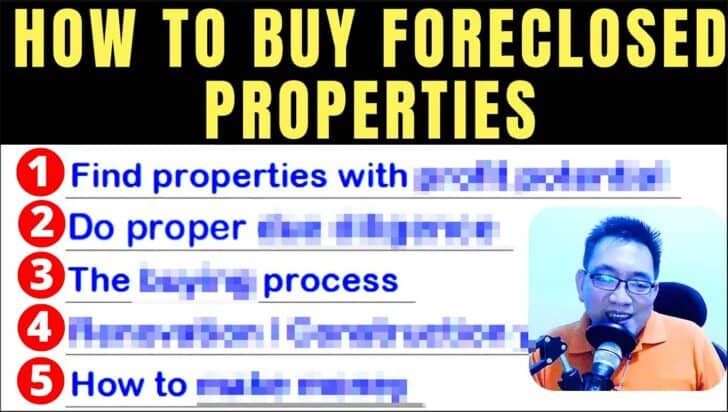
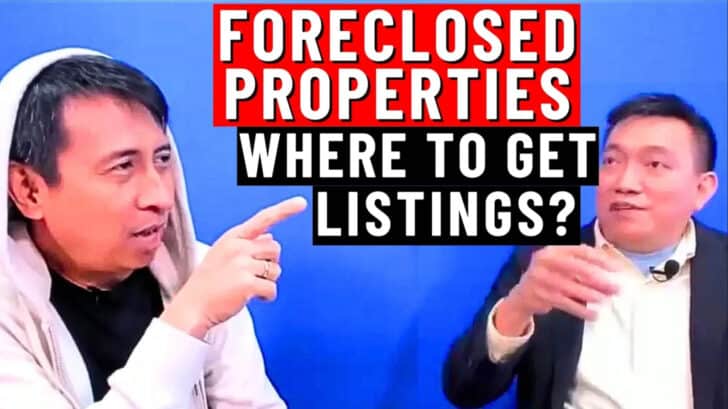
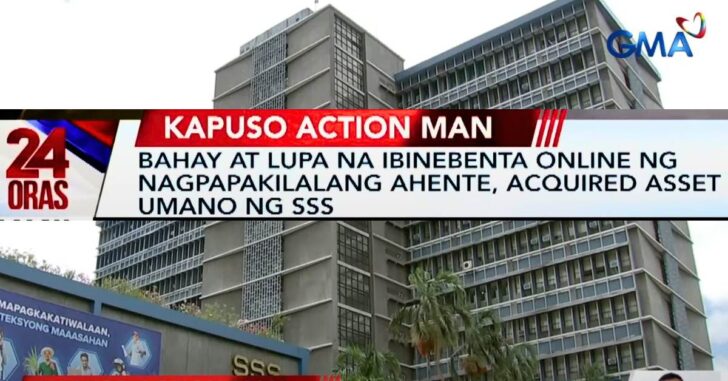
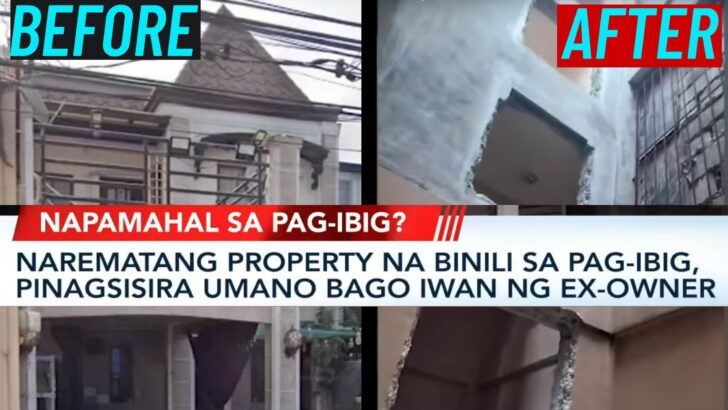
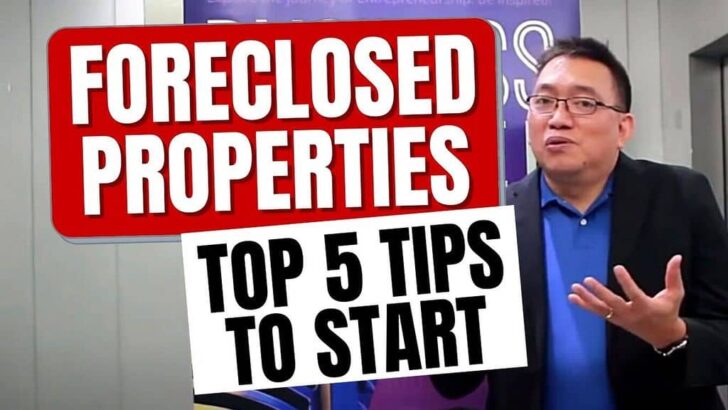
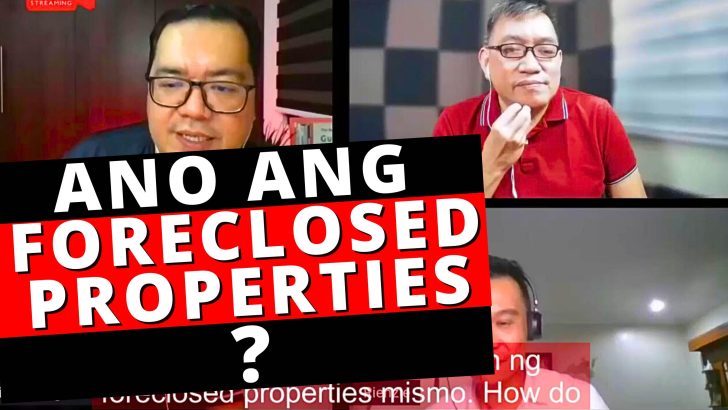
Pingback: Are Foreclosed Properties Good Deals?
Pingback: Money Summit & Wealth Expo 2011 Pre-registered rates extended until July 15, 2011!
Pingback: How to compute for the projected costs for acquiring, carrying, and selling a property
your blog is very interesting and I find myself reading through every posts you have available. I believe I will start investing for foreclosed properties in the near future with your help. Many many thanks for your valuable posts:-)
hi jay,
i’am very interested about what i can learn and apply in your discussions.
i would like to go to the TRQ.2, can i please know what topics would be discussed and can i just go there and do they payment up front? Because i don’t know if i would have a schedule to meet that day or not.
thank you and more power.
Hi Mr. Jay,
I’m following your blog since April 2010 & I’ve learned a lot from you without any books, without any DVD’s on how to and without any mentor. I really appreciate the way in which you helped others learning real estate investment which is one of the subjects I always dreaded.
I have queries about Cost Factor (CF) which I am confused, it seems like the cost factor will be more than 10% or approx. 30% something considering that the roundtrip transaction cost/acquiring cost will be shouldered by buyer (i.e CGT,CWT,DST,TT,REGISTRATION FEE,DEED OF SALE,VAT, MARKETING COST). Let say you have a deal worth 5 Million of House & lot:
1.What CF your are using let say you will be shouldered all the above roundtrip transaction cost? Can you give me the exact figure of CF breakdowing into details?
2.As a seller, what is the provision that I could be exempted in paying Creditable Witholding Tax (CWT)?
3.What is the comparison between DEPRECIATION COST AND REPAIR COST? Are you using repair cost as a depreciation cost?
I thank you again for all the wonderful work you have done and wish you all the best for your future endeavors.
Ho Gwapito, wow, thanks a lot for the very encouraging feedback! Did you have a subject about real estate investments?
1. With regards to CF, the answer will be quite long and I believe it deserves to be a post, so I’ll i’ll answer it on my next one. Should be finished latest tomorrow. 🙂
2. For CWT exemption, a property must be classified as a capital asset.
The term “capital assets” is defined negatively in Section 39(A)(1) of the Tax Code as follows:
“(1) Capital Assets. – the term ‘capital assets’ means property held by the taxpayer (whether or not connected with his trade or business), but does not include
• stock in trade of the taxpayer or other property of a kind which would properly be included in the inventory of the taxpayer if on hand at the close of the taxable year, or
• property held by the taxpayer primarily for sale to customers in the ordinary course of his trade or business, or
• property used in the trade or business, of a character which is subject to the allowance for depreciation provided in Subsection (F) of Section 34;
• or real property used in trade or business of the taxpayer.”
3. Depreciation is synonymous to the repair cost as I have mentioned in my article on “how to get market values of foreclosed properties“.
Depreciation in this context is different from depreciation used for accounting purposes, but rather depreciation in terms of deterioration, obsolescence, or any factor that may contribute to a deficiency of the property as compared to a brand new property. A good example would be the loss in value caused by a property’s deterioration due to age, wear-and-tear, etc. and the cost to have this fixed to bring it back to a “ready for occupancy” (RFO) or “brand new” or”good as new” condition
Hi gwapito, I already answered your first question through this post: https://www.foreclosurephilippines.com/2010/10/how-to-compute-acquiring-carrying-selling-costs.html
Please check it out, thanks!
It’s good to have MAO in order for buyers not to overspend. I hate to see a bidding war.
Hi Francis, yes, no point in buying a property and realizing you paid too much for it. Thanks for the comment.
Hi Jay,
i’ve been reading your blog for sometime and i find it very helpful and useful for us who are planning to test the water in real estate,, for now i am on the process of familiarizing myself in this endeavor as i am outside the country,,keep posting pls,,and many thanks.
Hi Victoria, thanks for the feedback, much appreciated!
MAO — we will never forget about this. Thanks for sharing this kind of topic.